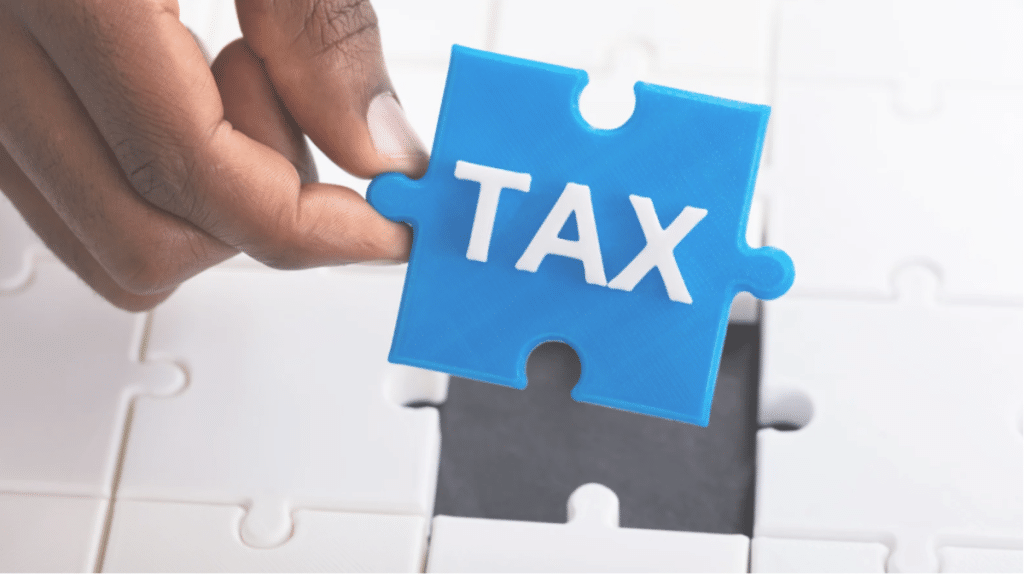Tax savings are an essential part of effective personal financial planning. The Income Tax Act of India provides several avenues for individuals to reduce their taxable income through deductions available under Section 80C and related provisions. These investment instruments not only facilitate tax efficiency but also contribute to long-term financial objectives, including retirement planning, healthcare preparedness, and family protection. Regardless of whether one is a salaried employee, a self-employed professional, or a senior citizen, there exist appropriate options tailored to diverse risk profiles and investment horizons. This article examines some widely utilised tax-saving instruments permitted under Section 80C and associated sections.
1. Fixed Deposit (Tax-Saver FD)
Tax-saver fixed deposits allow individuals to claim deductions up to ₹1.5 lakh under Section 80C. These FDs have a lock-in period of 5 years, during which premature withdrawals are not allowed. The interest earned is taxable based on the investor’s income slab, and the interest rates generally range between 5.5% and 7.75%.
2. Public Provident Fund (PPF)
PPF is a government-backed savings scheme ideal for long-term investors. You can open a PPF account at post offices or banks. Contributions up to ₹1.5 lakh per financial year are deductible under Section 80C. The interest earned is compounded annually and is tax-free. These investment plans come with a lock-in period of 15 years, but partial withdrawals are allowed after the 7th year.
3. Unit Linked Insurance Plans (ULIPs)
ULIPs combine life insurance with investment in equity, debt, or a mix of both. Investors can switch funds depending on market performance and financial goals. Premiums paid are eligible for deductions under Section 80C, while maturity proceeds are tax-free under Section 10(10D), subject to conditions. ULIPs are suited for long-term goals like wealth creation and child education.
4. Senior Citizen Savings Scheme (SCSS)
SCSS is specifically designed for individuals above 60 years of age. It offers a steady income source post-retirement with an interest rate that is usually higher than regular savings accounts. Investments up to ₹1.5 lakh are eligible for deduction under Section 80C (only under the old tax regime). However, the interest earned is taxable. It has a lock-in period of 5 years, extendable by 3 more years.
5. Life Insurance
Life insurance ensures financial security for your family in case of an unfortunate event. Plans such as term insurance, endowment plans, ULIPs, and money-back policies qualify for deductions under Section 80C. The maximum limit is ₹1.5 lakh annually. Maturity and death benefits are tax-free under Section 10(10D), subject to conditions. Early policy surrender may lead to tax reversal on previously claimed deductions.
6. Pension Plans
Pension plans offer retirement income through regular annuity payouts. Contributions towards such plans are eligible for deduction under Section 80CCC (a subset of 80C), up to ₹1.5 lakh. On maturity, one-third of the accumulated corpus is tax-free, while the remaining is taxed as income. These plans are beneficial for individuals seeking a financially secure retirement.
7. National Savings Certificate (NSC)
The National Savings Certificate is a savings scheme designed to promote investment among small to mid-income individuals while offering tax benefits under Section 80C of the Income Tax Act. If you have a savings account with a bank or post office and access to internet banking, you can purchase NSCs in electronic form. These certificates can be bought for yourself, on behalf of a minor, or jointly with another adult.
8. National Pension System (NPS)
NPS is a government-regulated pension scheme for individuals aged between 18 and 60 years. Contributions up to ₹1.5 lakh are deductible under Section 80CCD(1), which is part of Section 80C. An additional ₹50,000 deduction is available under Section 80CCD(1B). NPS allows investment in equities, corporate bonds, and government securities, either actively or automatically, based on the investor’s risk profile.
9. Tax-Saving Mutual Funds (ELSS)
Equity-Linked Savings Schemes (ELSS) are mutual fund investments that primarily allocate funds to equities. These schemes have a mandatory lock-in period of three years, which is the shortest among all investment options eligible under Section 80C of the Income Tax Act. Investments of up to ₹1.5 lakh in ELSS are eligible for tax deductions under this section. The returns are market-linked, and long-term capital gains exceeding ₹1 lakh are taxed at a rate of 10%.
Conclusion
Choosing the right tax-saving instrument is essential for building a strong financial foundation while effectively reducing your tax burden. From low-risk options like PPF to market-linked choices like ELSS and ULIPs, investors have a wide range of avenues to explore based on their goals, risk tolerance, and investment horizon. Tata AIA offers trusted insurance and ULIP solutions that not only provide financial protection but also help maximise your tax savings. Before investing, consider seeking financial advice to choose a suitable combination of products that align with your long-term needs and tax planning strategy.
Disclaimer: The information provided above is for informational purposes only and is not intended as professional or legal advice. The Insurance Regulatory and Development Authority of India (IRDAI) is not responsible for any decisions made based on the information.
